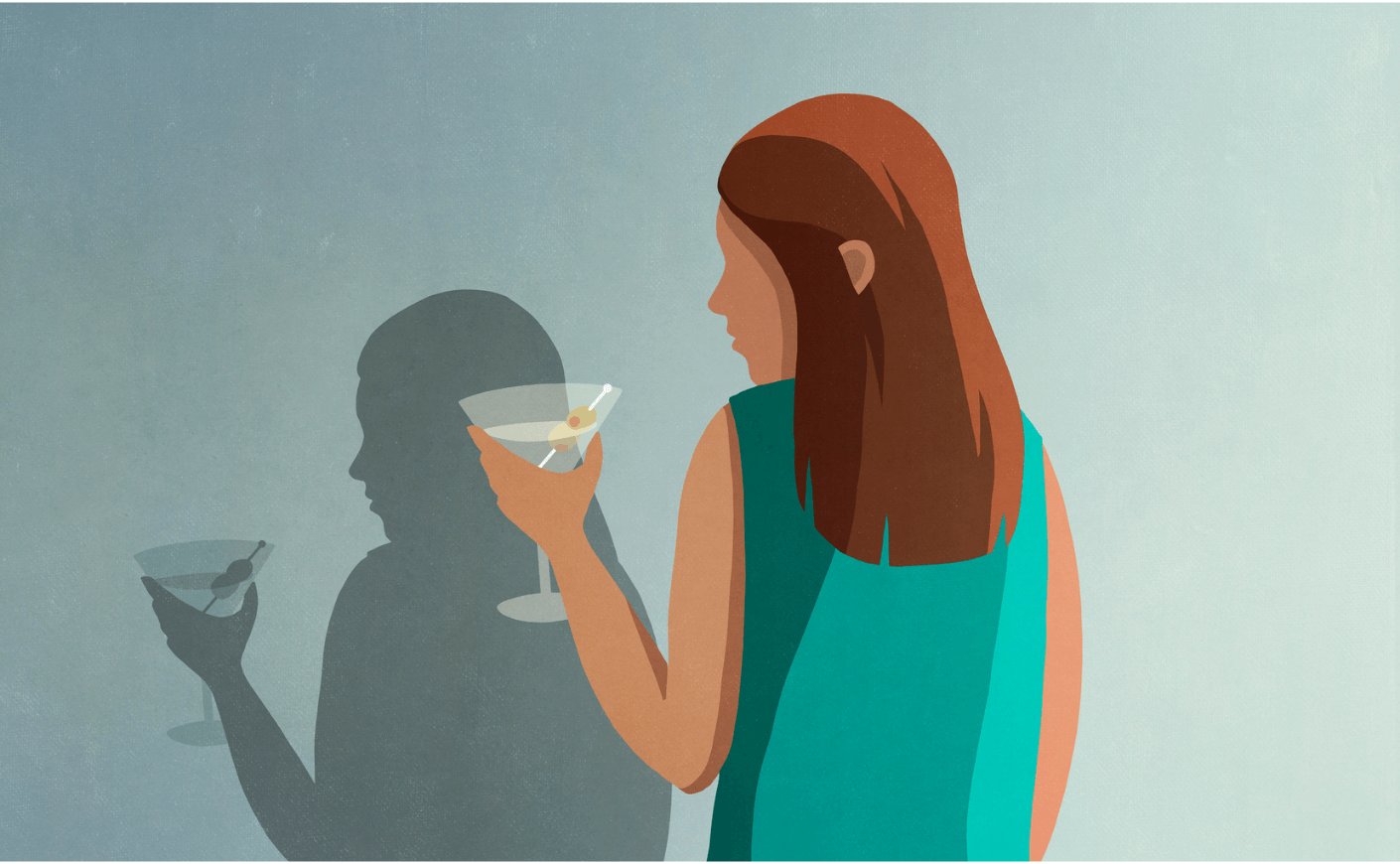Whether it’s a glass of red with dinner or a beer during Monday Night Football, many of us indulge in the occasional drink. But how does alcohol, in all its different forms, impact our overall health — and is there a healthier way to consume?
It’s a complicated topic, and the rise of the hard seltzer and its “health halo” has made teasing out the answer even more difficult. So we turned to Maya Feller, a registered dietitian nutritionist and cookbook author, for some guidance.
Does moderate alcohol consumption really have any health benefits?
Remember the studies that started cropping up in the 90s extolling the power of red wine? One examined the “French paradox,” referring to the relatively low rate of heart disease in France, despite the country’s high saturated fat diet. Researchers in that study concluded that a habit of partaking in a glass or two of wine with meals might be protecting the French from heart disease. Another study found that middle-aged Italian men, drinking up 4-7 glasses of red wine a day, lived longer than those who drank more or less.
But before you stock up on Merlot, know that there’s a lot of conflicting data here. A large study published in 2017 found that even small amounts of alcohol can increase the risk for cancer and early death — and Feller says it's crucial that people understand that "alcohol is a toxin."
Fortunately, she says, any potential health benefits you can derive from alcohol, you can get from other sources. “What I say to people all the time is that you don’t actually need to look to something that contains alcohol for those benefits. There are healthy components to alcoholic beverages, like wine, which can have some antioxidant properties, but those come from the grapes,” she says. “That’s where you’re going to get the help.”
Is there a healthier alcoholic option on your bar cart?
The CDC recommends limiting consumption to one drink a day for women and two for men. But not all drinks are created equal.
When it comes to spirits and cocktails, Feller suggests really keeping things simple. That means steering clear of mixed drinks made with syrups and sodas that are filled with sugar and preservatives. “If you’re going to have vodka, I would prefer that it’s just vodka,” she says. “If you want to have a cocktail, I would prefer that you mix it with real fruit juice, as opposed to fruit drink and syrup.”
The same rule applies to wine. Feller suggests selecting from winemakers that use organic farming practices, because what they produce tends to have fewer additives, she says.
Are hard seltzers actually healthy?
The key with these drinks is not to get distracted by the packaging and the claims being made on the front of the label. Many brands are attempting to capitalize on the “health halo” surrounding these drinks, Feller says. When hard seltzers first burst on the scene, they were marketed as a low-calorie alternative to beer, with some brands boasting about being gluten-free or “filled with antioxidants” Feller says. And while it may be true that many seltzers have fewer calories and carbohydrates than the average brew, that doesn’t make them healthier all around.
The other danger, too, with hard seltzers is that because they are lower in calories and carbs than beer, they’re less filling and can often lead consumers to drink more.
The bottom line — and this goes for other “healthy” alternatives like hard teas and kombuchas — is to “skip the claims about the health benefits and look for the ingredients,” Feller says.









